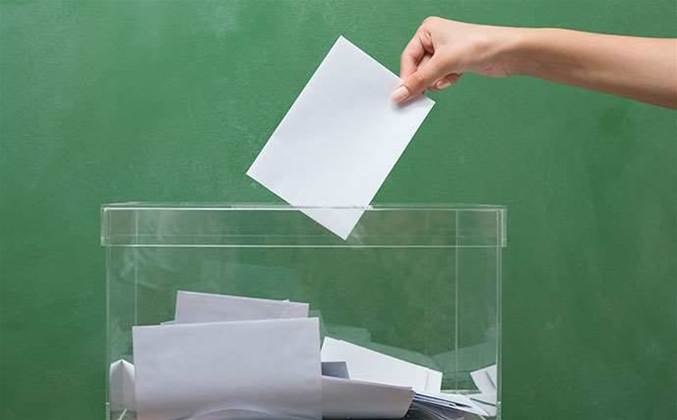Electronic voting has emerged as the latest enterprise the imperilled Australia Post wants to pin its future to, as the profitability of delivering letters rapidly slides.

Already AusPost is pushing to become an e-commerce platform, a financial services provider, a Centrelink office, and a Medicare rebates distributor as it desperately tries to pin down new sources of revenue.
All the while, it is also competing to retain its passport applications business carried out on behalf of the Department of Immigration.
Its latest campaign is aimed at convincing the Commonwealth that the country should adopt widespread electronic voting, and that AusPost's digital nous, identity verification capability, and 4392 physical outlets make it uniquely placed to help out.
“Australia Post stands ready to play a key role as a trusted partner in the expansion of electronic voting in Australia,” the organisation pledged in its submission to the federal parliament’s standing committee on electoral matters.
Australia Post has revived the controversial spectre of online voting despite the same parliamentary committee comprehensively dismissing the notion back in 2014.
The parliamentarians couldn’t get past the security risk posed by a massive electronic ballot, but the postal organisation insists it now has the cyber savvy to galvanise digital democracy.
Its capital ventures accelerator has already begun to probe the possibility of blockchain-enabled solutions for casting electronic ballots which could deliver the traceability, integrity and authentication required to underpin a national solution.
As “one of Australia’s most trusted brands,” it said, security is “the highest priority area for our organisation”.
It said an online survey of 1000 respondents it conducted showed that one in four are optimistic that electronic voting in some form could be an option in time for the next federal election. Some 47 percent said they’re surprised it’s not already here.
However the federal government’s lone experiment with electronic voting to date should not fill postal executives with confidence. A 2007 trial of electronic voting for deployed Australian troops, plus blind and vision impaired voters, ended up costing thousands of dollars on average for each vote lodged.
The NSW government has had more success with its iVote solution for blind and vision impaired, disabled, overseas or interstate residents, despite the high profile unmasking of vulnerabilities just days before the 2015 state election.
But the ACT is the only Australian government to show any real appetite to take the e-voting plunge. However, despite giving territory voters the option of casting their ballot at a fast-tallying machine, they still have to wait for postal votes to come in to get a result.
Despite the inherent roadblocks, however, Australia Post appears committed to being top of the list if the electoral reform option roars back onto the national agenda.
“For more than 200 years Australia Post has continually expanded and reinvented our services,” it said.
“We have kept pace with society as it has evolved, and will do so in the future.”


_(28).jpg&h=140&w=231&c=1&s=0)


_(33).jpg&h=140&w=231&c=1&s=0)





 iTnews Executive Retreat - Security Leaders Edition
iTnews Executive Retreat - Security Leaders Edition
 iTnews Cloud Covered Breakfast Summit
iTnews Cloud Covered Breakfast Summit
 The 2026 iAwards
The 2026 iAwards












_(1).jpg&h=140&w=231&c=1&s=0)



